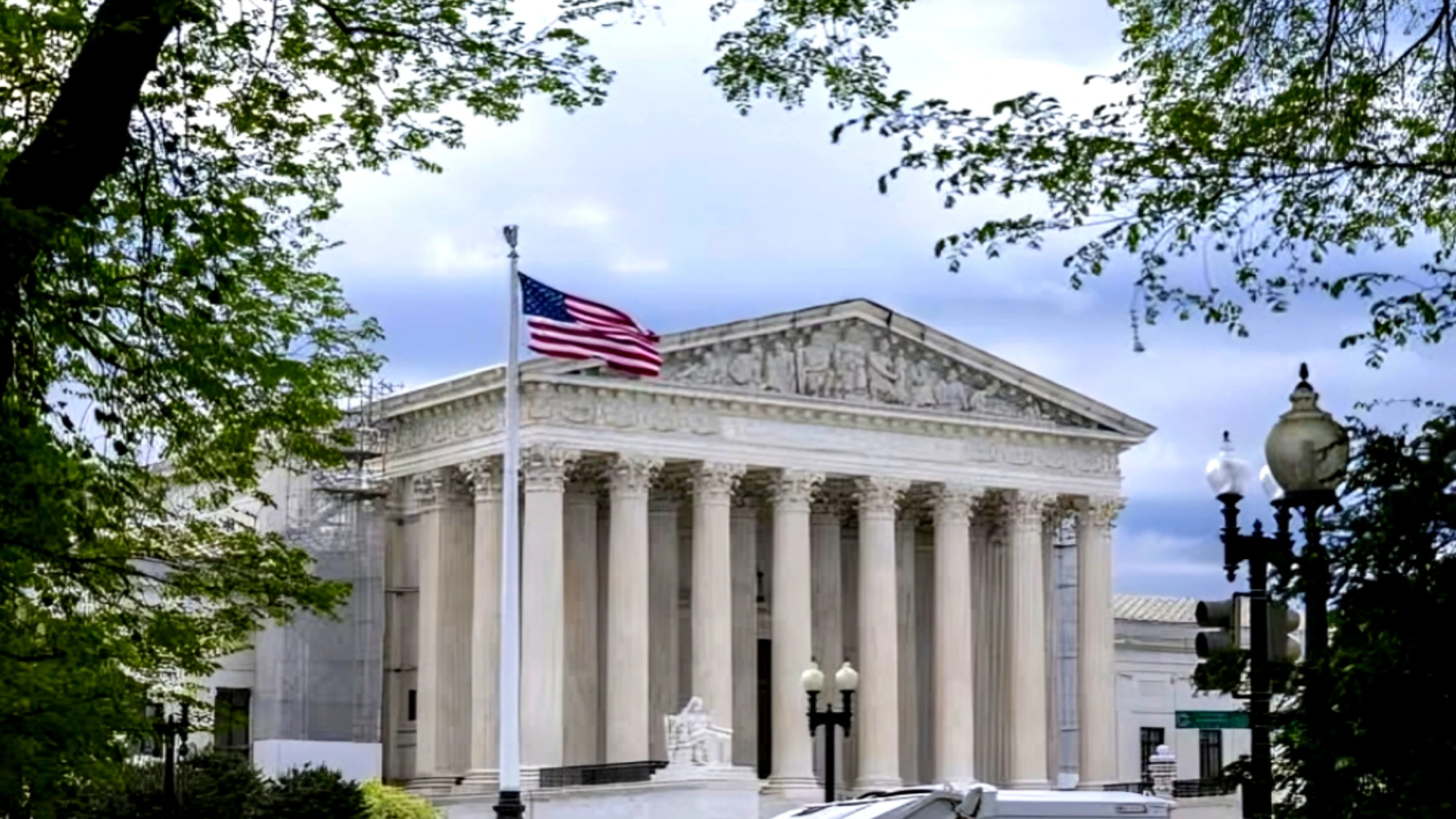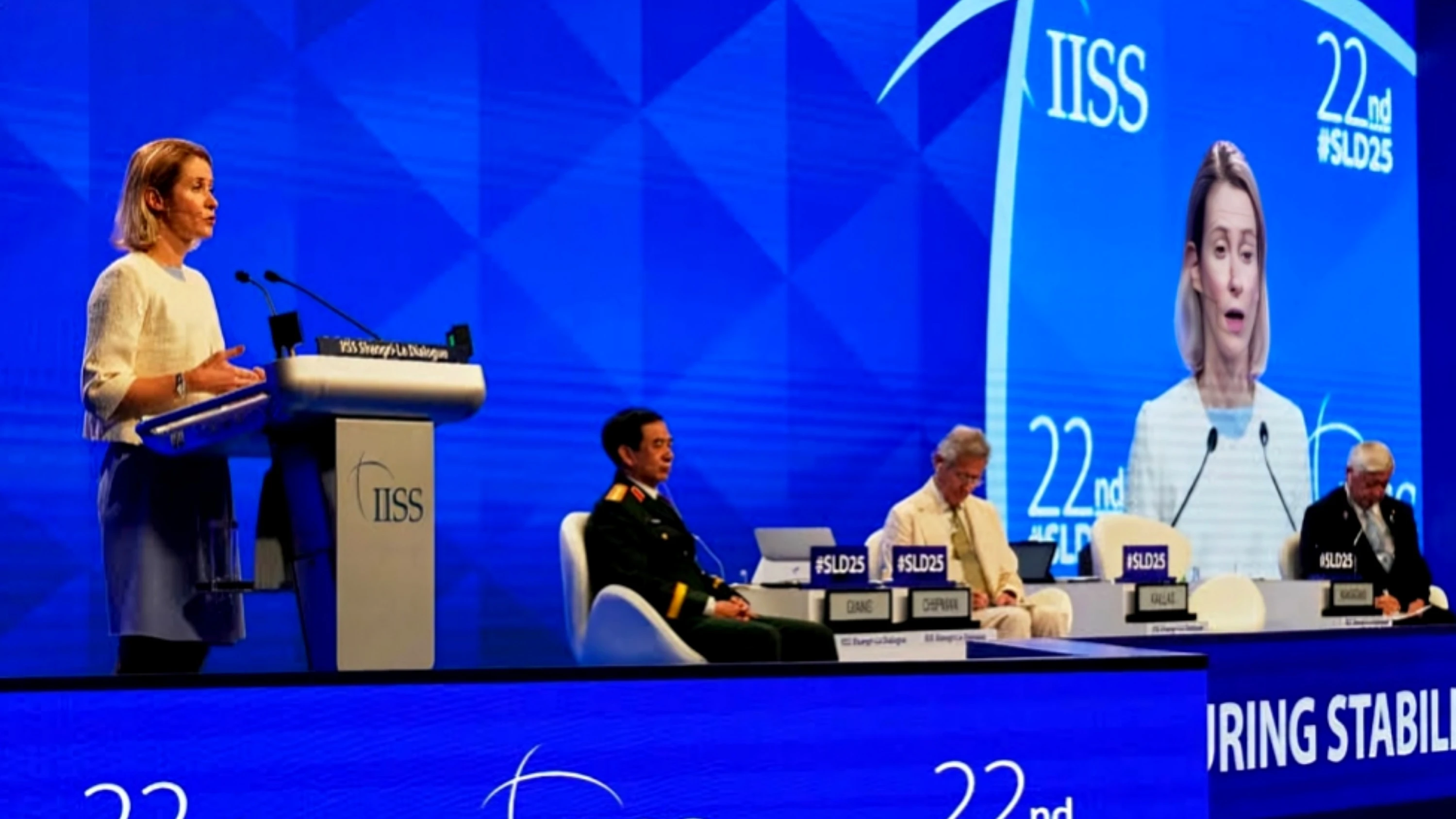Washington: The U.S. Supreme Court on Friday lifted a lower court's block on the Trump administration’s efforts to revoke humanitarian parole for migrants from four countries, potentially exposing hundreds of thousands to deportation as legal battles continue.
The court's order, while not a final ruling, means temporary protections will no longer shield more than 500,000 migrants from Cuba, Haiti, Nicaragua, and Venezuela as the case proceeds through the appeals process. In a separate case, the administration has also secured approval to end similar protections for roughly 350,000 Venezuelans, bringing the total number of affected individuals close to one million.
The move comes after the Trump administration filed an emergency appeal to the high court, challenging a decision by U.S. District Judge Indira Talwani in Boston. Talwani had temporarily blocked the administration’s attempt to end the program, saying mass revocations of parole should be handled on an individual basis. Her ruling emphasized that forcing migrants to either leave the country or lose everything would have devastating consequences.
The case now returns to the 1st U.S. Circuit Court of Appeals. In her dissent, Justice Ketanji Brown Jackson criticized the majority’s decision, warning that it could dismantle the lives of hundreds of thousands of migrants before their legal claims are fully heard. Justice Sonia Sotomayor joined in the dissent.
The Department of Justice has argued that humanitarian parole was never intended to be permanent, and that the Department of Homeland Security has broad authority to end such programs without court oversight. Solicitor General D. John Sauer contended that a case-by-case review would be a massive burden, hindering enforcement efforts.
Former President Joe Biden has used humanitarian parole more extensively than any of his predecessors, invoking a 1952 law that allows the president to offer temporary refuge for urgent humanitarian reasons. Since late 2022, over half a million people fleeing instability in their home countries have entered the U.S. under this program, provided they could afford the travel and secure a financial sponsor.
The Trump administration's action marks the first time in U.S. history that humanitarian parole has been revoked on such a large scale. Lawyers representing the affected migrants called it “the largest mass illegalization event in modern American history.”
The case adds to a growing list of immigration-related emergency appeals brought by the Trump administration to the Supreme Court. Though the court has sided with Trump in this instance, it has pushed back in other cases, including blocking a controversial attempt to use the Alien Enemies Act to expedite deportations of Venezuelan nationals accused of gang activity.








